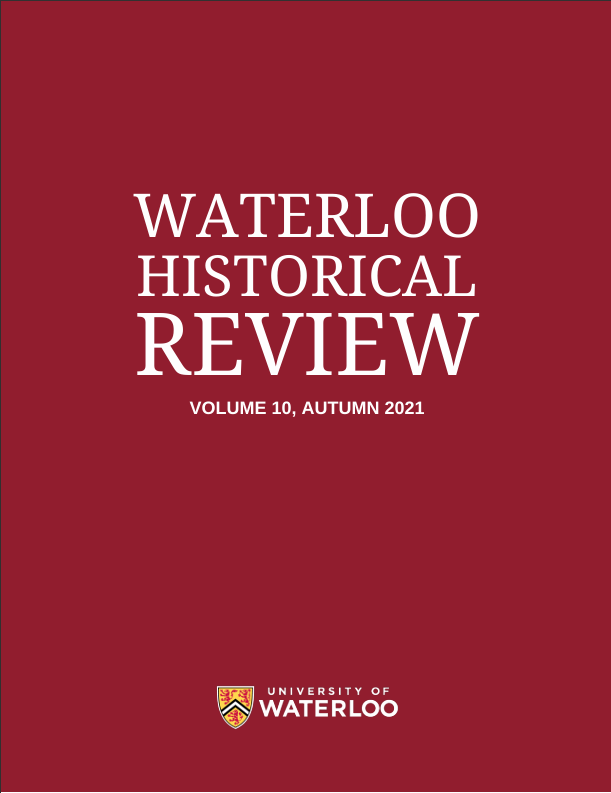Radicals and Revisionists: Examining the Constitutional Crisis of Charles I
DOI:
https://doi.org/10.15353/whr.v10.6152Abstract
On January 30th, 1649, Charles I stepped out of his decadent Banqueting House in
Whitehall onto a makeshift scaffold before a crowd of silent onlookers. His execution was the
culmination of years of warfare and division that consumed England and her territories. Others
view the crisis as having links to England’s storied legal past. Some viewed it as a violation of the
“ancient constitution” and connected Charles’ reign to that of the Norman kings of the Middle
Ages. This paper seeks to answer the question if the constitutional crisis of Charles’ I reign has
precedent in England’s legal past. It will argue that contemporaries of the period did see Charles’
actions as a violation of their constitutional rights as free men of England. This view is not carried
by most historians and legal scholars who often discount this notion as being dated or “whiggish.”
First, this paper will examine the views of contemporaries from the radical Levellers to those of
MPs in Parliament. It will be followed by an examination of the historiography covering the period
which will weigh the opinions and arguments of historians and legal scholars.
Downloads
Published
Issue
Section
License
Copyright (c) 2024 Nicholas Morrison

This work is licensed under a Creative Commons Attribution 4.0 International License.

